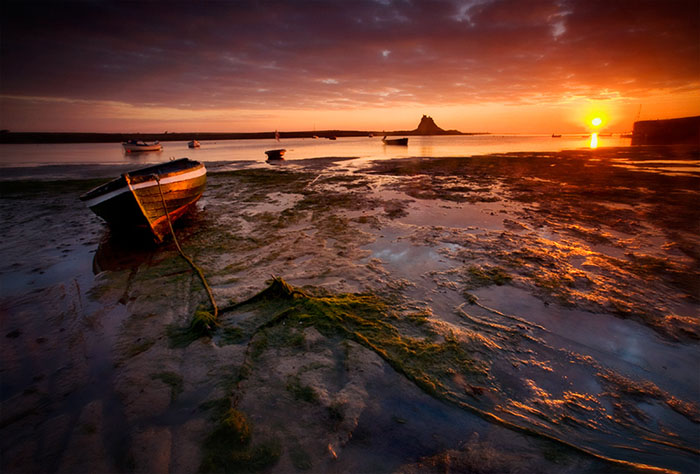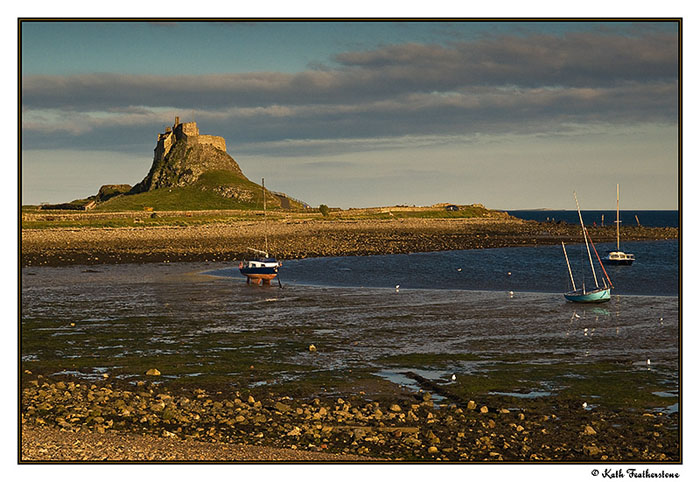|

Like an outgoing tide,
retrograde periods
give a breathing space to readjust before the next flood, soon to come.
By
John Townley, April 2009
The rolling cycles of
history tend to
dominate
astrologers’ imagination, partly because it is easy to
identify
and correlate
the large planetary cycles (Jupiter, Saturn, Uranus, Neptune, Pluto)
with big
historical changes. As nearly everyone has been endlessly pointing out,
the big
change of Pluto into Capricorn is supposed to be marking the crumbling
of the
established order of government and business structures to make way for
a new
way of putting them together. That’s a roughly 245-year cycle
that takes 14
years of Pluto in Capricorn to fully turn the corner. Also noted by too
many to
name is the opposition of Saturn and Uranus (a 45-year cycle) that
takes about
two years to engage and then pass – and that’s
associated
with a battle between
the old establishment (Saturn, not accidentally linked with Capricorn)
and
sudden, sometimes catastrophic change (Uranus). Both cycles cut in last
fall,
and not surprisingly the world has been faced with the sudden
catastrophic
crumbling of the established order of business and government.
Astrologers pat
each other on the back for getting the prediction right while we all
scramble
for safety among falling objects, assets, and careers.
Retrograde
Rests
If such
cycles ran like
the unwavering clockwork they’re
sometimes painted as, we’d all be ground to dust before they
passed, and
the growth that
signals progress wouldn’t have a chance to stand up and
reassert
itself amid
the gathering rubble. But there is another smaller but more fundamental
rhythm
that gives us all enough play to get out of the way of destruction and
redesign
our lives amid the huge shifts going on all around. It is the tide of
the
seasons themselves, the subrhythm under all the longer cycles, that
slows and
speeds them, giving us the chance to take a breath and go on after each
shift.
It is what makes life not a steady lockstep march, but two steps
forward, and
one step back, then repeat the shift, the 3/4-time waltz of evolution
itself.
Its signature is the
stations of the
outer planets, retrograde
and direct, when from our point of view the outer planets stop their
forward
motion and back up a few degrees, before turning again and creeping
along even
further. By not forcing their change on us all at once, but in smaller
bites we
can digest one at a time, we can deal with sometimes massive change
that would
otherwise roll over and trample us completely.
Tides
of
Life, Small and Large
It’s like
waves coming in at the
shore, which flood the
beach for a moment, then back off enough for us to scurry around and
readjust
like small tidal creatures – crabs, shellfish, insects, and
birds
– scrabbling
for food, perhaps quickly mating, then hurrying back to newly dug holes
or
another safe perch as the next wave rolls yet higher with the approach
of the rising
tide. Then after a series of these, the encroaching tide itself reaches
its
peak, and the waves with it, allowing beached fishing boats to set out
to sea
(at a larger, human scale), until it recedes and returns again in
greater or
lesser strength, building to or retreating from a new or full Moon. If
the
waves or tide just came in and stayed there, we’d all drown
or be
driven away,
and nothing would result. Indeed, this rhythmic tidal/wave effect is
believed
to be a major driver of evolution, as new species develop based on how
well
each copes with the momentary opportunities to adjust which that ebb
and flow
affords. Planets without moons and thus tides are considered less
likely to
have developed life, or as much variety of it, as those with this
natural
breathing space built into the environment.
Break
in
the Weather
So, on our even larger
social scale,
things looked pretty
grim when Pluto surged forward into Capricorn and Saturn opposed Uranus
last
October (2008). The social and economic waves and tides surged, washing
away
much of our underpinnings, and everyone panicked and ran for cover.
Much was
destroyed, some was saved, parts were redesigned or salvaged
– by
individuals,
businesses, and governments. The forecast was dark, indeed. Then, just
as Pluto
made its station in early April (2009) after penetrating past three
degrees of
Capricorn and Saturn backed off as Uranus raced ahead, there has seemed
to be a
pause. Suddenly stock market hucksters began proclaiming the end of a
recession
and good times ahead again. The tide reached its momentary crest and is
in
temporary retreat, and a few months have opened up to rebudget,
remortgage,
move, reinvest. And with three months of Venus and Mars running
together adding
to enthusiasm and dreams of both money and romance, it may seem like
the storm
is over.

The edge of the
tide is where both
pause and progress begin, at the heart of evolution
Perfect
Storm
But
it’s not, by a
long shot. By Labor Day, Saturn and
Uranus will be at it again and October will see Pluto come surging back
to
seize another couple of degrees of Capricorn, demolishing yet more of 200+
years of social infrastructure. The
second Saturn-Uranus tangle passes quickly but Pluto plugs on into the
winter.
And by the time Pluto turns for its breather again in April 2010,
Saturn and
Uranus gather for their final clash in the spring and summer, now out
of sync
with the Pluto tide, alternating effects. And then yet another swifter
wave,
Jupiter, suddenly catches up and joins Uranus, sealing the new-vs-old
debate
like a warm tide of nutrients added into the mix, something to help us
ride the
larger swell to new opportunities.
So, what we saw last
fall was indeed a
sort of a perfect
storm, two destructive waves hitting us together, and now
we’re
in a breather
period to rearrange things before the next set returns. Fortunately,
they are
coming at different speeds and won’t hit quite so
simultaneously
the next
couple of times. Like the locked steps of competitors at the end of a
race (or
the synchronous breathing of lovers in passionate embrace), sometimes
it seems
we’re seized up by the situation and can’t get
break the
rhythm, until it
happens of itself and the original cycles separate and move on to meet
and peak
again later, though we may not live to see it, anymore than many shore
creatures will live to see the next tide.
Take A
Breath, Now
In the meantime, on both
the individual
and social
scale, remember that we are taking a breather right now, so breathe
deep, take
every opportunity to readjust and make the most of it, position
yourself for
the repeating surge. The next waves will be upon us soon enough, and
for the
moment, overall, the tide is still rising.
Not
a
newsletter subscriber already? Subscribe
Free Here!
--
Breaking news from
around the globe, plus articles, reviews, it's all happening there,
changes daily...
|

